
Preventive care is a foundation of dentistry. Patient education and advisement about selfcare necessary for all.
INDIAN DENTAL ASSOCIATION recommends visiting your dentist regularly- usually about twice yearly. Regular check up can prevent tooth decay and gum disease as well as identify the beginnings of oral health problems.
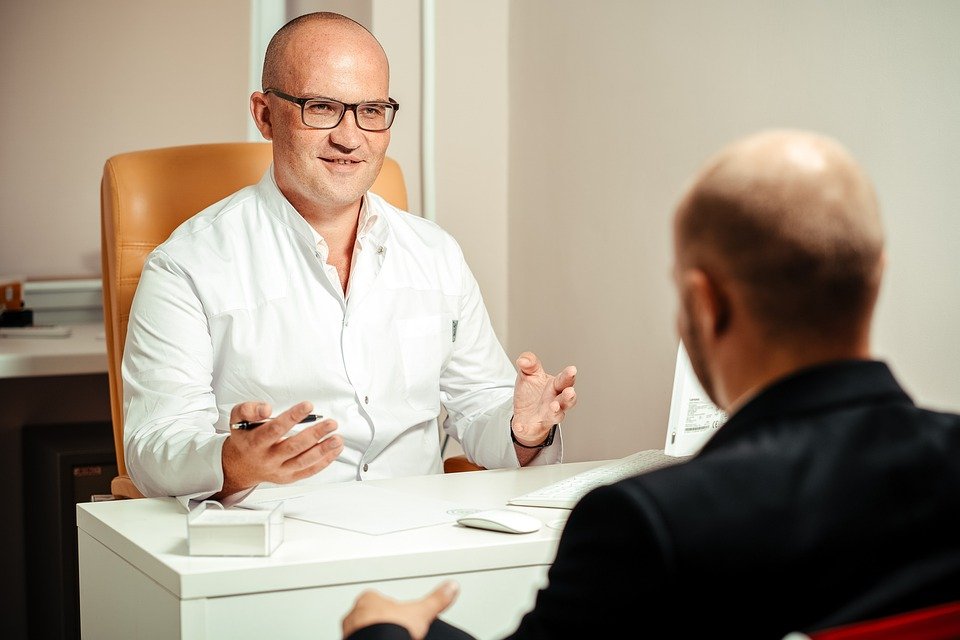
Q) Do I really need to have my teeth professionally cleaned ?
Yes. Even if you brush and floss after every meal and before bed,bacteria harboring plaque can accumulate in the tiniest crevices, grooves and pits.Overtime,decay start resulting pain and broken of tooth material.Q) What types of guidelines should I follow after my visit?
In between dental cleanings and consultations, be sure to maintain good oral habits at home, including flossing, brushing after meals, and using fluoridated toothpaste and mouthrinse.
Brushing your teeth is your daily routine. The IDA (Indian Dental Association) currently recommends that brushing your teeth at minimum of two times each day - preferably morning and night or anytime you eat foods that contain sugar.
Toothbrush should be tilted at 45 degree to gumline. Brush should be ultrasoft- bristled with a head that is ergonomically proportioned to the inside of your mouth. Brushing stroke should be vertically with rotation.
It is also important to brush your tongue as bacteria can accumulate there and cause bad odor breath.
edium/ Hard – bristle toothbrushes cause abrasions to the teeth and gums, cuasing decay.According to the IDA recommendation replacing toothbrush about 4 times yearly or whenever the bristles become bended.
1.Q) Should I change my Brushing habits?
If presence of signs of poor oral hygiene ,then you need to change your brushing habits. Signs are bleeding or reddened gums, excessive plaque build up, decaying teeth and receding gumlines . Make an appointment with your dentist for a full consultation.2.Q) Is there additional necessary with brushing?
Yes. You also floss daily and use toothpaste that contains fluoride each day. You should also schedule dental exams and professional cleanings two times a year.
Flossing is an important part of an oral hygiene routine, but research suggests very few do this daily. Flossing is simple and only takes an extra couple of minutes per day. Tooth decay and gum disease are prevented by flossing resulting presence of more natural teeth as your age.
1.Q)Should I be flossing?
Yes. Flossing prevents tooth decay and gum disease. Even if you have restorations, such as crowns or veneers, good oral hygiene is essential for prolonging their use and maintaining your oral health.2.Q) Is there anything else I should be doing in addition to flossing?
Yes. In addition to flossing ,you should be adopting proper brushing techniques and visiting your Teethwel dentist twice per year for examinations and professional dental cleanings.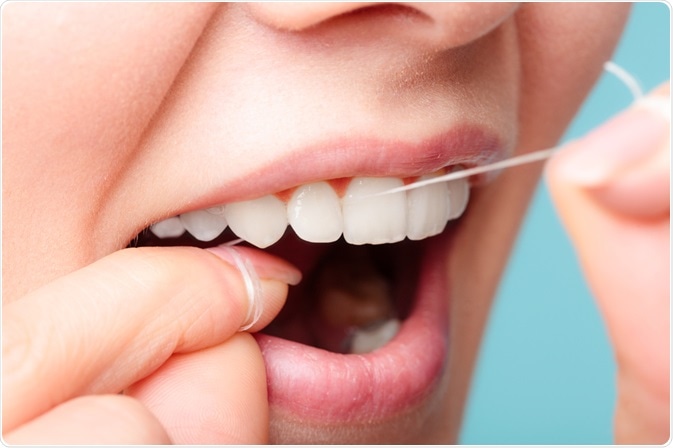
Your diet has a direct effect on your overall dental health.Developing good eating habits can lead to excellent oral health free of decay and gum disease.
“TEETHWEL” recommends avoiding certain foods that can expedite decay,such as foods high in sugar.
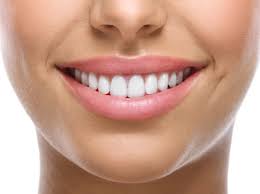
1 Q) Should I change my eating habits to better my oral health?
Probably.You speak your dentist about the types of foods you should be eating that comply with your diet and can also optimize your oral health.2 Q) What types of changes will my Teethwel dentist recommend?
In addition to avoiding sugary foods ,the “TEETHWEL” dentists suggests drinking plenty of water each day and avoiding snacks between meals whenever possible. Consume nutritional foods from each major food groups….including whole grains3 Q) Which additional habits improve my oral health ?
You should be flossing daily and brushing twice daily using a soft- bristled toothbrush. Visiting your dentist at least twice per year for oral exams and professional dental cleaning.Bad breath is called Halitosis in dentistry. Proper Brushing mostly the remedy of bad breath. Bad breath loose your confidance especially when you are regularly face to face with other people. Some types of bad breath are chronic or recurring which may express a visit to the dentist.
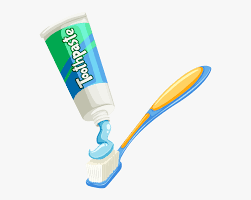
Simple eating too much garlic may causes bad breath.Some important causes of bad breath include drymouth, certain medications, use of tobacco, poor dental hygiene, and oral infections. Cancer or gastroesophageal reflux may cause bad breath as sign.
1 Q) Do I need treatment for my bad breath?
If your bad breath doesnot reduced despite self- care techniques,such as dietary adjustments and thorough tooth brushing ,you may visit your dentist for treatment. Gum, Breath mints and mouthwash are temporary remedies to freshen breath.2 Q) What should I expect my dentist to do about my bad breath ?
It’s begin with an examination and questions about daily habits ,types of foods you eat and medications you take. Dentist search for signs of decay, infections or gum disease that could be causing your bad breath.If your chronic bad breath cannot be traced to an oral problem or daily habit, you may be referred to a physician for further evaluation.3 Q) Is there anything can I do to maintain better breath?
Yes. Eliminate odor- causing foods from your diet, such as garlic and onions. Make an effort to brush your teeth and tongue every morning and night. Try to keep breath fresheners on hand at all times.Sleep with your mouth closed to prevents dry mouth. Finally ,be sure to visit your dentist for professional cleanings twice per year to remove deposited plaque that can cause chronic halitosis.As a part of normal hygienic routine ,use manual toothbrushes to remove debris and plaque from teeth. However ,eletcric brushes have become widely popular in recent years.
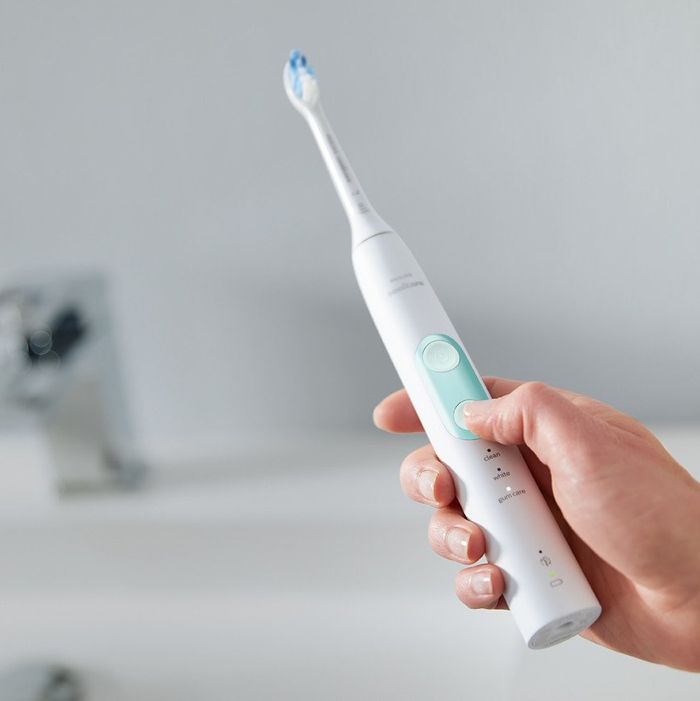
People with upper body mobility restrictions may better benefit from an electric toothbrush instead of a manual brush.Regardless of which type you decide, the IDA recommends that all brushes be soft –bristled so as to avoid abrasions that can lead to decay and receding gumlines.
1) Q Which tooth brush should I be using ?
Either a manual toothbrush or an electric one .However ,the rapid movements of motorized versions may be more effective at removing plaque from the teeth and gumline.Ask your dentist for which toothbrush is best at your next visit.2 Q) My electric toothbrush was expensive .Do I need to change it as often as a manual brush ?
Yes. Your toothbrush should be replaced atleast once every three to four months or whenever you notice fraying. However most electric toothbrushes come with interchangeable heads .You won’t need to replace the entire device. .Fluoride is a naturally occurring element that help to strengthen teeth in children and also prevent decay and dental caries of teeth in adults. Topical fluoride is helpful for promoting oral health.
1 Q)Do I need fluoride treatments?
Fluoride treatments provide oral support and prevent receding gums and decay if you wear orthodontic braces or are taking medicatiuons that cause dry mouth.2 Q) What should I expect during fluoride treatments?
Fluoride treatments are painless and can be administered in dental office at twice yearly check ups and cleanings .Your dentist will distribute fluoridated gel, foam or varnish into a tray and place it over your teeth. The treatment have few minutes durations and only required between one and four times per year.After a dental procedure or operation, you will maintain a set of post-operative instructions to accept by accordance in hours ,days , and weeks after your treatment. It is essential to follow for prevention of infections in surgical sites, protecting restorations and minimizing the complications . Post operative instructions vary from procedure to procedure ,but you are still sure to have some questions regarding care.We Teethwel dentist will be here to answer these questions and respond to any concerns you may have.
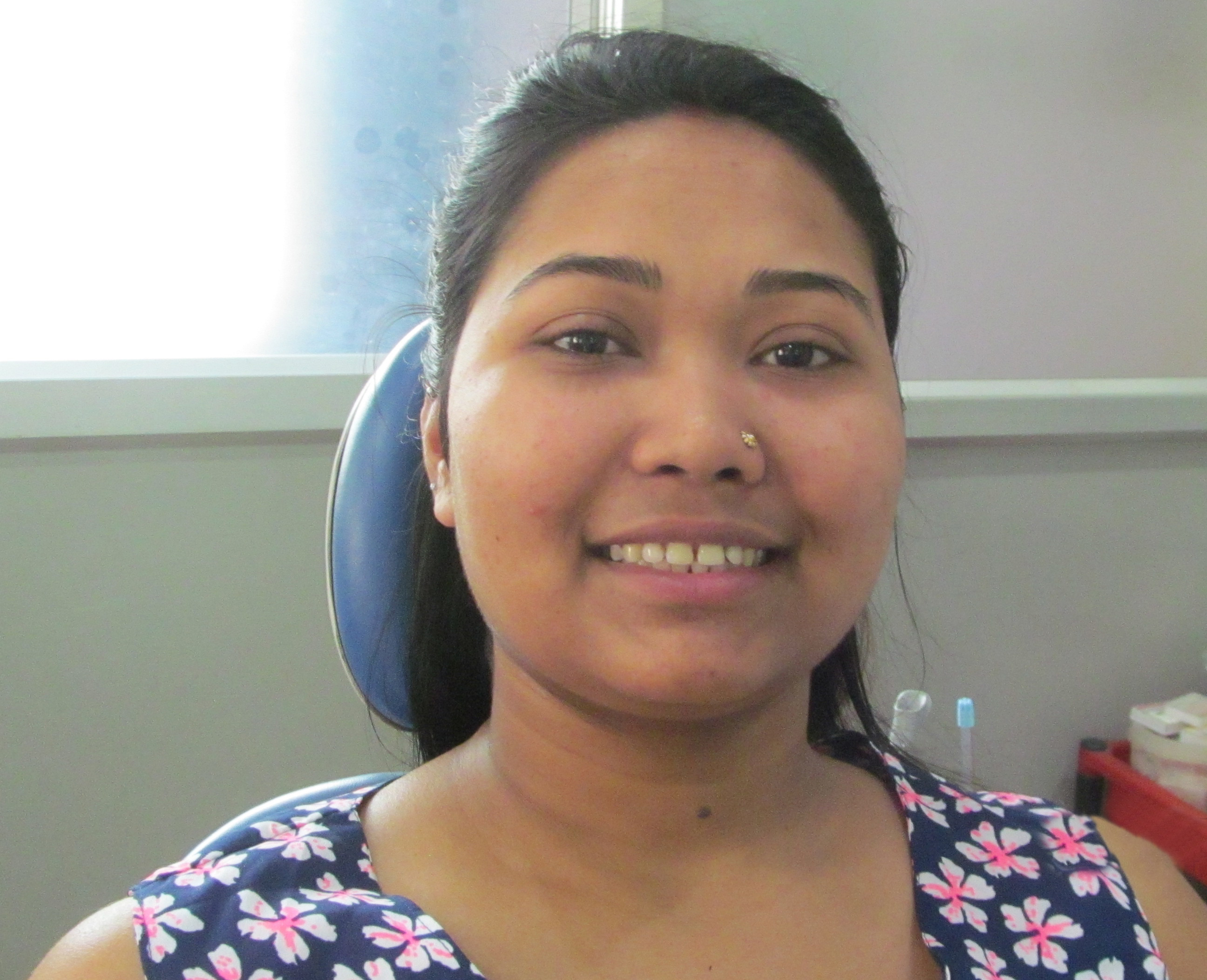
Try to anticipate some of the questions you may have about your post-operative care and ask them prior to your treatment.
1) Q What should I expect when I speak with my dentist?
Your dentist should arrange enough time in your consultation and pre –operative exam to listen to your concerns and answers any questions you may have.2)Q Is there anything I can do to make the process easier ?
Yes. Begin thinking of any question you may have about your post-operative care and writing them down. It save your time as well as your dentist, without missing any important details.Protect your game performance, wear a custom sport mouth guard. Its easy to find readily available mouth guards but not all mouth guards offer the same level of protection. The best oral appliance is that which is made specifically for you.